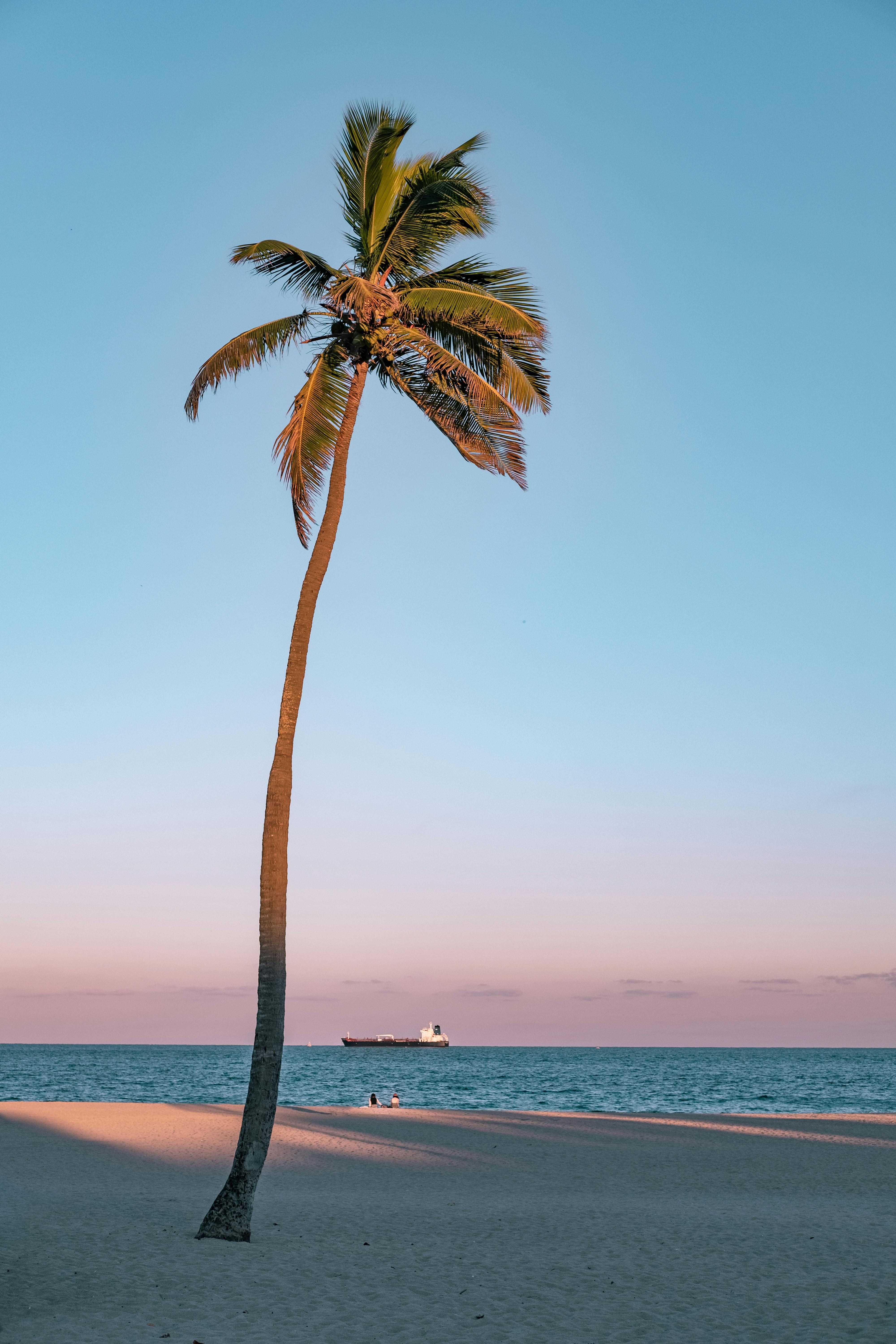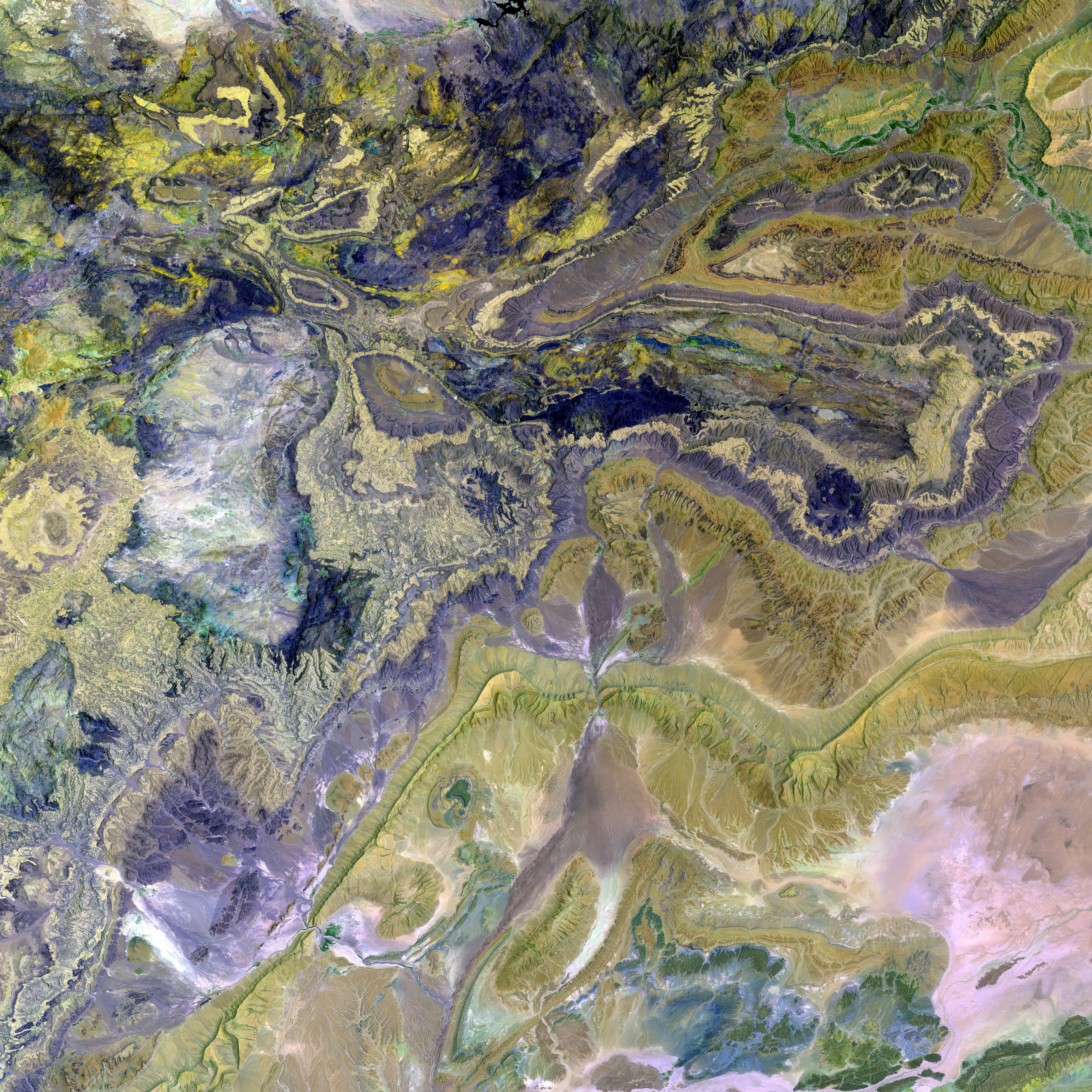Victory Day: The Politics Behind Russia's World War II Celebrations
Exploitation of Memorial by Russian Propaganda Strategies
In the bustling world of online discourse, historian, Corinna Kuhr-Korolev, sheds light on the intricate dance of memory and propaganda as Russia commemorates the 80th anniversary of the end of World War II in Europe.
Russia's Victory Day Celebrations
Russia, echoing with patriotic fervor, celebrates May 9th - a day that marks the Red Army's triumph over Nazi Germany, triumphantly known in Russia as the "Great Patriotic War." This day, adorned with pageantry, unfolds across the country. The planning, a year in the making, encompasses a unified logo and design guidelines to ensure unity in the celebration's presentation, from Moscow to the farthest regions.
The festivities feature military parades in various cities like St. Petersburg, Smolensk, Volgograd, and military bases, all culminating in the grand spectacle in Moscow. Tanks rumble across Red Square, fighter jets soar overhead, and elite units march past the reviewing stand. These displays, presented as an old tradition, take on a new significance as they reflect Russia's aspirations to display strength and assert its role as a world power.
Evolution of Russia's Victory Day Celebrations
Initially, the day was not celebrated in the Soviet Union. Over time, it evolved into an official holiday. The grand military parades on Red Square, a spectacle today, were introduced during significant anniversaries only in 1965, 1975, 1985, and 1990. The fall of the Soviet Union deterred the annual parades, which resumed in the early 2000s, after Putin took power.
The Impact of Celebrations
The celebrations serve a dual purpose. Internally, they aim to instill a sense of national pride and preparation for potential conflict. The marching soldiers, the rumbling tanks, and the soaring fighter jets send a message of strength, potentially foreshadowing military action. Externally, Putin invites foreign representatives, hoping to gain global recognition for Russia's historical achievement and reaffirm his nation's claim as a leading force in world politics.
Historical Controversies: The Memory War
Historical narratives have become weapons in a battle for dominance known as the "memory war." Countries like Ukraine, Poland, and the Baltic states, long oppressed by Soviet imperialism, view Russian celebrations as a revival of imperial ambitions. These countries, once liberated, were subjected to persecution, oppression, and deportations under Soviet rule. In this battleground of memory, each side draws from alternative historical perspectives. Russia emphasizes the crucial role the Red Army played in Europe's liberation from fascism, while Eastern European states focus on the hardships faced after their liberation.
The conflicting narratives grow more tense with ongoing political tensions, radically dividing the world into two camps: those who follow the Russian narrative and those who honor the struggle of Eastern European states for self-determination. This divide becomes starkly evident on the 9th of May, a day that marks a turning point in global history and a murky line in the "memory war."
The Divided Celebrations
Most former Soviet republics celebrate "The Day of Victory" but in subdued form compared to the Russian Federation. Some republics have slightly altered the name to dissociate from the Soviet tradition, and not every republic recognizes this day as a national holiday. Ukraine, once a Soviet republic, initially celebrated the 9th of May but shifted its focus to the 8th of May in 2016, symbolizing a clear distancing from Soviet and Russian historical narratives.
Controversy surrounds Russia's justification for its aggression against Ukraine by claiming it needs to combat the resurrection of fascism. Russia, through this narrative, seeks to legitimize its continued war efforts. Putin continues to use this historical legacy, drawing parallels to the "Great Patriotic War" and sanctifying the fight against fascism as a timeless, shared struggle between Russians and Ukrainians.
The Divide and Its Implications
Today's world is split between those who support Russia's version of history and those who resist it. Those who accept Putin's invitation to participate in the festivities on the 9th of May align themselves with his ideologies, bolstering his historical truth and the resulting aggression in Ukraine. This alignment complicates global political relationships, transforming the 9th of May into a potent political statement.
The divide between Russia and the West, fueled by competing narratives of World War II, has profound implications for contemporary geopolitics and international relations. As the remnants of the Cold War still linger on in Germany and Eastern Europe, the "memory war" adds another layer of complexity to an already intricate tapestry of global politics.
- The European Union, in light of Russia's commemorations of the 80th anniversary of the end of World War II in Europe, might consider its stance on Russia's historical narratives, particularly in relation to the "Great Patriotic War."
- As the European Parliament deliberates on its response to Russia's Victory Day celebrations, it may find it pertinent to address the ongoing polarization in politics, especially in regard to the interpretations of World War II's events in Eastern Europe and Russia.
- Meanwhile, NTV, a Russian television network, might consider covering the various viewpoints and controversies associated with Russia's Victory Day celebrations, aiming to provide a balanced perspective on this general news topic.
- In the context of the Memory War, where conflicting narratives alias historical facts, the European Parliament, Council, and Commission could collaborate to establish a unified European stance on significant commemorative events, such as Russia's Victory Day celebrations, to reduce polarization in global politics.









